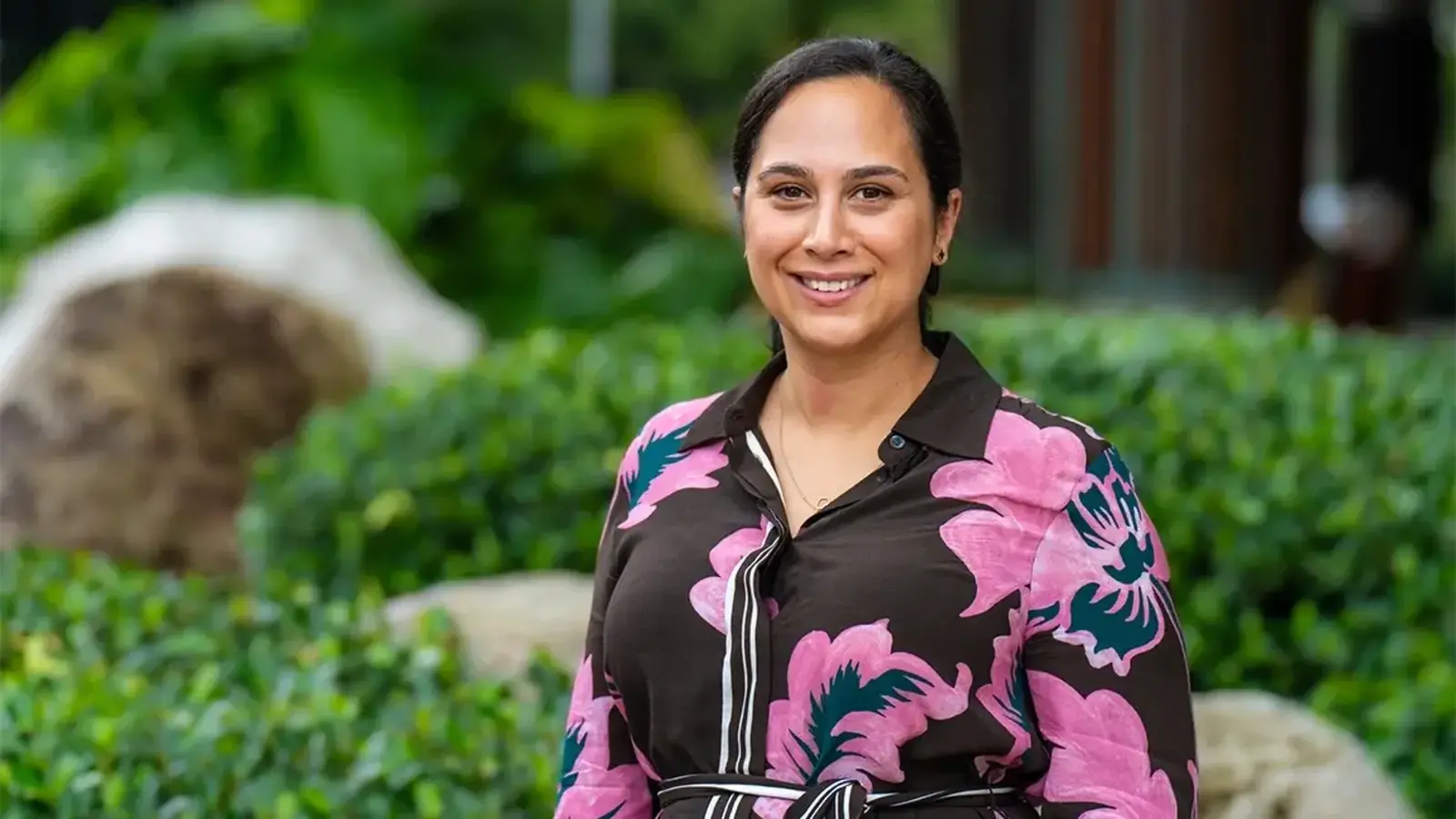Birth trauma often overlooked, medical conference hears

Psychological birth trauma, an often-overlooked aspect of childbirth, is being explored at a keynote meeting of anaesthetists in Cairns.
Specialist anaesthetist Dr Priya Rao says psychological birth trauma is preventable and, if identified early, can be effectively managed.
In a presentation at the 2025 Annual Scientific Meeting of the Australian and New Zealand College of Anaesthetists (ANZCA) Dr Rao will explain how a proposed framework to support those experiencing birth trauma has the potential to significantly improve post-birth trauma care.
She will highlight how anaesthetists, through compassionate care and proactive communication, play a pivotal role in reducing the impact of both physical and psychological trauma during and after childbirth.
Dr Rao, a specialist anaesthetist at Western Health in Melbourne, says recent studies show that one in three people experience psychological trauma associated with childbirth and while often preventable, it is often unaddressed.
"Psychological birth trauma is something that can often be anticipated and treated if it is approached with the right awareness and care.
“Anaesthetists are in a unique position to offer support not only for physical pain but also for emotional distress. Our role goes beyond just managing the physical environment; we can and should help in reducing any negative experiences associated with childbirth."
Dr Rao emphasises the importance of anaesthetists in supporting the prevention of psychological trauma by using mindful language and avoiding negative suggestions or "nocebos" that can exacerbate pain and anxiety.
Dr Rao and colleagues Dr Davina Taylor and Ms Amy Dawes have developed the PILAR Check-In, a novel framework designed to support patients immediately after experiencing birth trauma.
The PILAR Check-In — Preparation, Introductions, Listening, Apology and Reassurance — is a trauma-informed care tool that provides a safe space for patients to process their birth experience, preventing re-traumatisation and fostering a supportive environment for psychological care. It is intended for use during the first anaesthesia consultation following childbirth.
“By using the PILAR Check-In, we create an opportunity for patients to voice their experiences and start healing right after the birth. This approach empowers the care team to address any psychological triggers early on and ensures that patients feel heard, supported, and reassured.”
Although the PILAR Check-In is still in its early stages, it draws on principles of psychological first aid and trauma-informed care. It allows early referral for interventions that may be beneficial to the patient long term.
Rigorous testing and further research are needed to validate its effectiveness, but early feedback suggests it has the potential to significantly improve post-birth trauma care.




